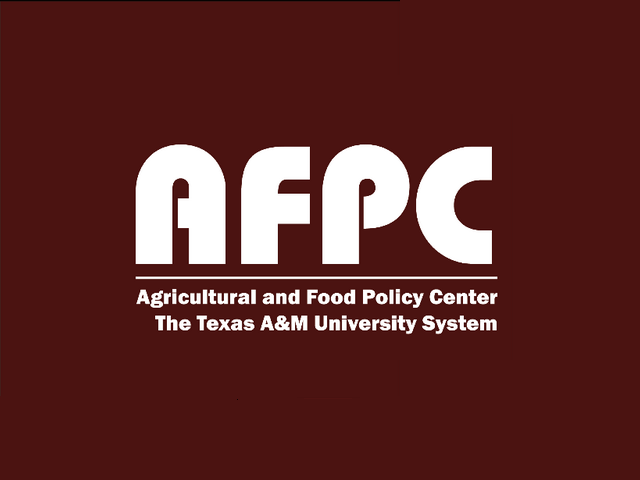
COLLEGE STATION, TX – As the cattle industry continues to struggle with a lack of transparency in trades, a reduction in processing capacity, and lopsided revenues for packers, Congress and USDA challenged the Agriculture and Food Policy Center (AFPC) at Texas A&M to find the causes for and potential solutions to the problems.
In June, AFPC hosted a workshop in Kansas City, whereby industry experts came together to discuss the issues in detail with the results just released in the form of a 180-page book titled “The U.S. Beef Supply Chain: Issues and Challenges”.
“Although this book is focused primarily on fed cattle pricing, Congress also asked us to weigh in on packing capacity issues”, explains Dr. Bart Fischer, co-director of AFPC. “In many ways, packing capacity and fed cattle pricing are inextricably linked. As a result, capacity is addressed in a number of places throughout the book.”
The book also notes while economists offer explanations typically tied to supply and demand relationships, others view such events as evidence the system is broken, particularly as it relates to fed cattle pricing.
Systemic issues have led to renewed concerns about packer concentration, a lack of transparency in fed cattle pricing, and insufficient packing capacity.
There is general agreement that price discovery is important to the functioning of cattle markets, including fed cattle markets but “agreement on any related policy changes remains an open question, and there is also concern about the unintended negative consequences of otherwise well-intentioned policy changes” says Dr. David Anderson, a Texas A&M Livestock Economist.
Three important positions have emerged, according to the book.
First, the linkage between fed cattle pricing and packer capacity exists.
Second, dealing with fed cattle pricing, alternative marketing arrangements do not create market power because they do not change underlying supply and demand fundamentals.
Finally, while not a popular position, most research confirms that the benefits to cattle producers due to economies of size in packing largely offset the costs associated with any market power exerted by packers. Research indicates that there is market power, but its effect has been small.
(SOURCE: All Ag News)
